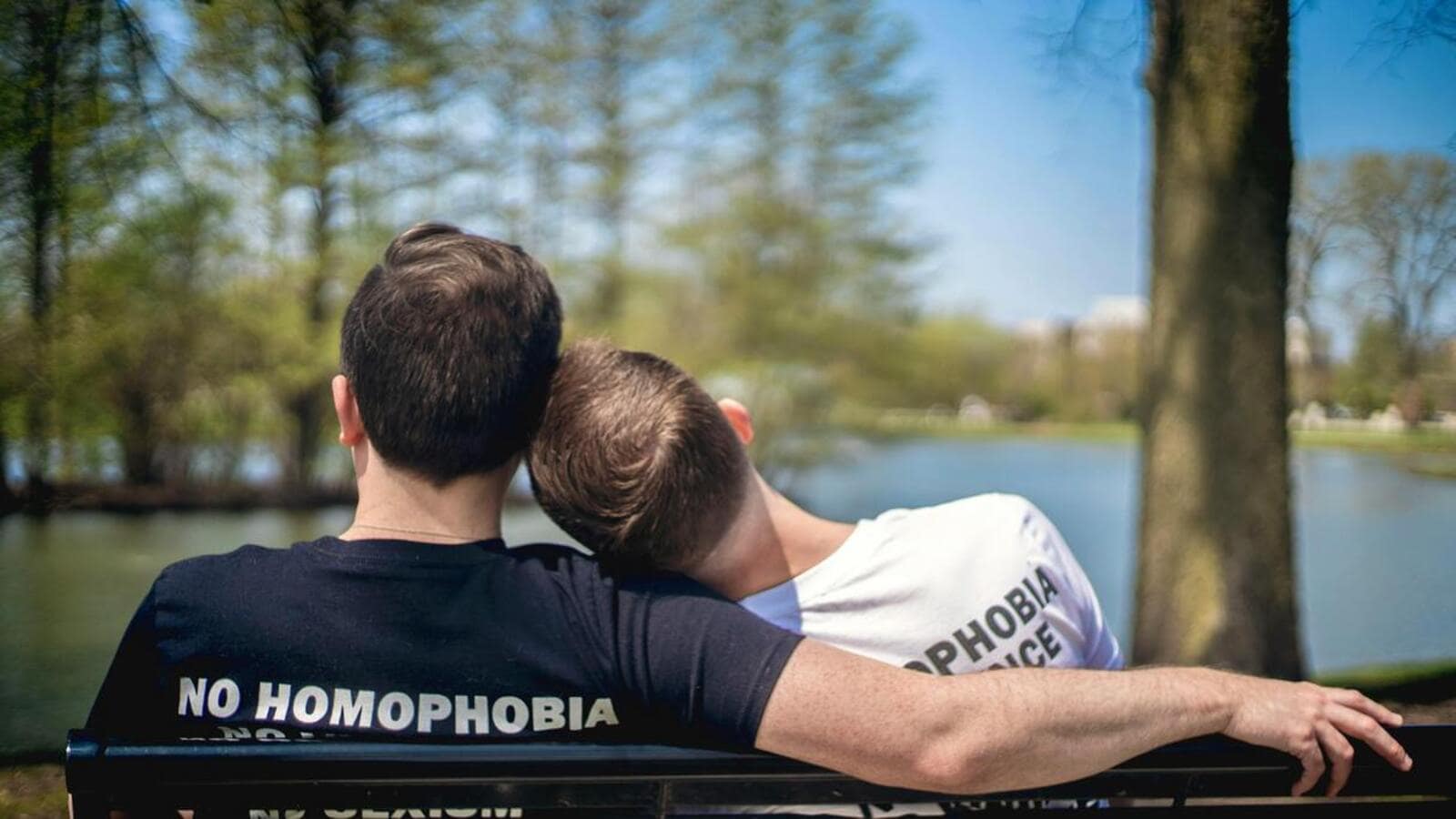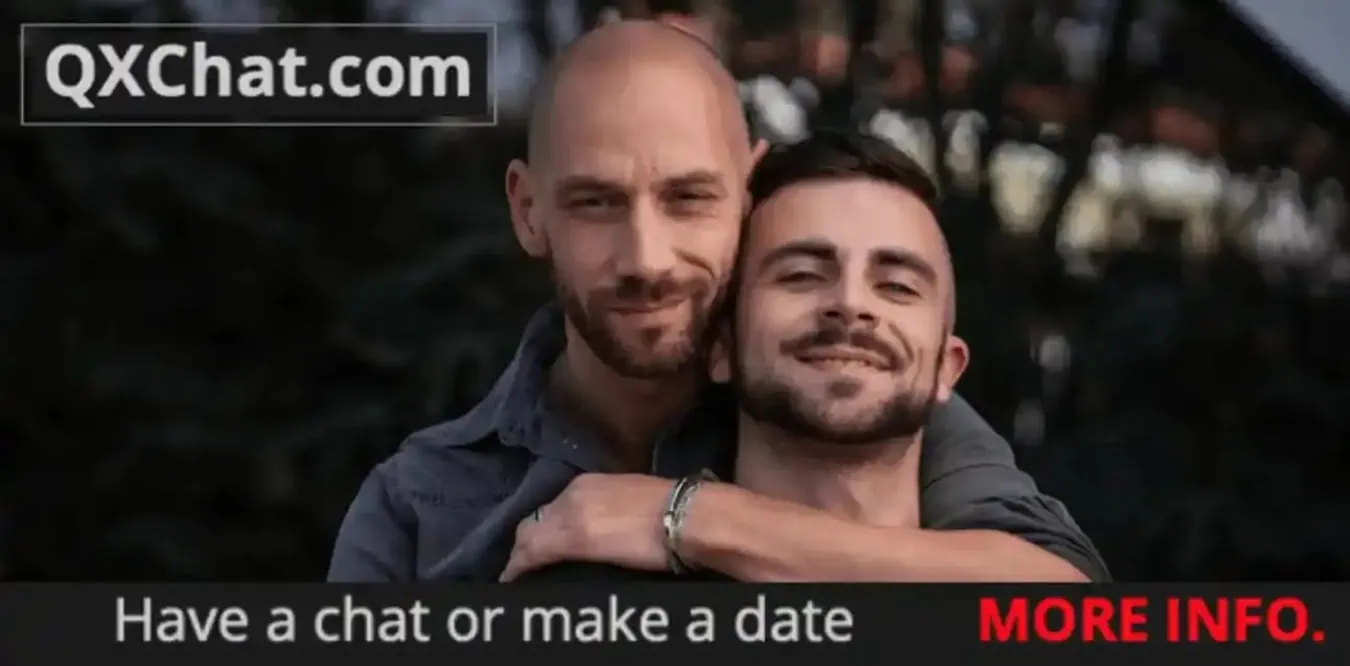2024 is witnessing a summer of sport, with the men’s Euros, Wimbledon, and the Paris Olympics and Paralympics.
For family lawyers, though, there is more than just the patriotic commitment to Team GB. Five-time Olympic diver Tom Daley’s two sons, shared with his husband Dustin Lance Black, made their first public appearance cheering on their ‘papa’. According to media reports, Daley returned to the Olympics, after retiring from diving in 2021, because his eldest son, Robbie, wanted to see his dad dive in the Olympics.
Daley and Black’s sons were both born via surrogacy, their journey with which the couple have shared openly. Something particularly special about their choice is that each father fertilised half the eggs, so they do not know the biological father of either son. They also chose to use donor eggs, rather than the surrogates’ own.
Surrogacy is one of the options for LGBTQ+ couples, solo parents, and couples struggling with fertility to become parents. Although it can be a wonderful journey for many parents-to-be, there are outdated laws which make the legalities of parenthood complicated and somewhat overwhelming.
Daley and Black pursued surrogacy in the United States, Black’s home nation. Although some wealthy couples and celebrities have the option to go abroad, for ‘ordinary’ couples, this is not always affordable or realistic. Some intended parents do choose to travel to avoid UK laws, but in many ways, this is only a delaying process as there can be added complications if a child is born to a surrogate overseas, and the intended parents try to bring the baby back into the UK.
The baby must be registered in the UK, and have a passport, to enter the country, which can take up to 12 weeks. It is important to seek legal advice before embarking on a surrogacy journey, particularly abroad.
In the UK, surrogacy is subject to several laws which can be stressful for parents-to-be. Although altruistic surrogacy is completely legal, commercial surrogacy is illegal. This means you cannot pay your surrogate more than ‘reasonable expenses’ to carry a child for you.
There are two types of surrogacy in the UK – traditional and gestational. Traditional surrogacy means the surrogate uses her own egg and she is biologically related to the baby. Gestational means a donor egg is utilised, and the surrogate shares no biological connection with the baby.
The complexity of the law is primarily around legal parenthood. The law in England and Wales states that the woman who gives birth to the child is the legal parent, whether she is biologically related to the baby or not. If the surrogate is married, her spouse becomes the second legal parent. This means that when the baby is born, there needs to be a transfer of parenthood. The surrogate mother must give her permission, and a parental order applied for from the family court.
Parental orders can only be submitted once the baby is at least 6 weeks old, but it must be before they are 6 months. The process of transferring parenthood can take between 6-12 months. This is a limbo period of worry and complications, particularly when the intended parents are usually taking on the full-time care of the child, but without the legal ability to make key decisions, for example about medical treatment.
The Law Commission released a report after an extensive investigation into UK surrogacy laws. The report suggested an additional route to the existing laws for intended parents to obtain legal parenthood. Providing they had followed required pre-conception steps, there was no objection from the surrogate mother within a defined period after birth, and the arrangement is accepted by a Regulated Surrogacy Organisation, the intended parents would be recorded as legal parents on the child’s birth certificate.
This process would substantially reduce not only the legal pressures on surrogates and intended parents but ease the emotional strain. Becoming parents, particularly for LGBTQ+ couples, and others who struggle with their fertility, can and should be a beautiful process. Tom Daley expressed several years ago he worried that being gay would impact his ability to become a father. Surrogacy opened that door for him, and it is high time that the laws in the UK recognised ever-changing family structures.
Tamara Adams is an Associate at Stowe Family Law



















